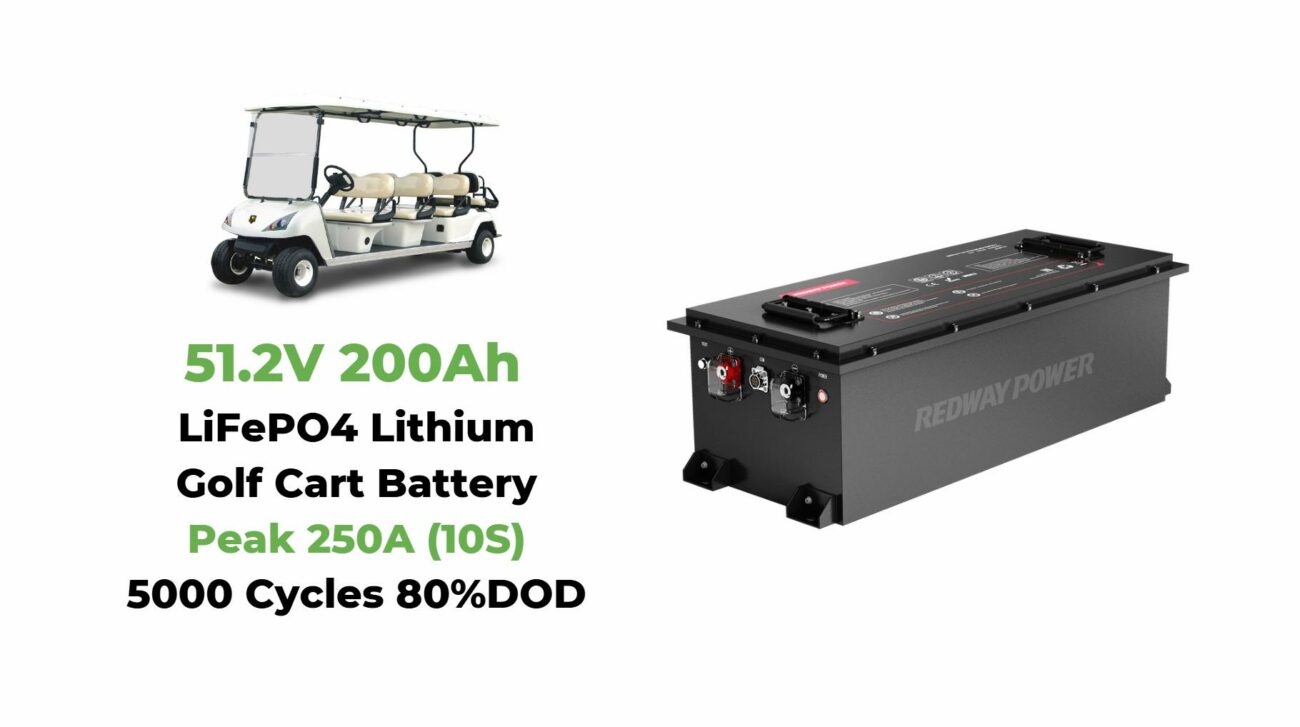Can You Run an RV Completely on Solar Power?
Yes, you can run an RV completely on solar power, but it requires careful planning and the right equipment. A well-designed solar setup can provide all the necessary energy for appliances, lights, and other systems, allowing you to enjoy off-grid living without relying on traditional power sources.
Can I Power My Entire RV with Solar Energy?
Running your entire RV on solar energy is feasible, provided you have a sufficient solar panel system and battery bank. The key is to calculate your daily energy consumption accurately and ensure that your solar setup can generate enough power to meet those needs consistently.Chart: Daily Energy Consumption Estimates
| Appliance | Wattage | Hours Used per Day | Daily Consumption (Wh) |
|---|---|---|---|
| LED Lights | 10 | 5 | 50 |
| Refrigerator | 100 | 24 | 2400 |
| Water Pump | 50 | 1 | 50 |
| Total | 2500 |
What Are the Benefits of Using Solar Power in an RV?
Using solar power in your RV offers several advantages:
- Energy Independence: Enjoy off-grid camping without relying on external power sources.
- Environmental Impact: Reduce your carbon footprint by using renewable energy.
- Cost Savings: Lower fuel costs and reduce reliance on generators or campground hookups.
Chart: Benefits Overview
| Benefit | Description |
|---|---|
| Energy Independence | Freedom from power sources |
| Environmental Impact | Eco-friendly travel |
| Cost Savings | Reduced fuel and hookup costs |
How Much Solar Power Do I Need for My RV?
The amount of solar power required depends on your daily energy consumption. As a general rule, you should aim for about 300 to 800 watts of solar panels to cover typical RV energy needs. This estimate can vary based on the number of devices used and their power requirements.Chart: Solar Panel Requirements
| Daily Energy Consumption (Wh) | Recommended Panel Wattage |
|---|---|
| Up to 2000 | 300 – 400 watts |
| 2000 – 4000 | 600 – 800 watts |
What Equipment Is Required for a Fully Solar-Powered RV?
To set up a fully solar-powered RV, you’ll need several key components:
- Solar Panels: To capture sunlight and convert it into electricity.
- Charge Controller: Regulates the voltage and current coming from the solar panels to prevent overcharging.
- Batteries: Store the energy generated by the solar panels for use when sunlight is not available.
- Inverter: Converts DC power from batteries into AC power used by most household appliances.
Chart: Essential Equipment List
| Component | Function |
|---|---|
| Solar Panels | Generate electricity |
| Charge Controller | Manage battery charging |
| Batteries | Store energy |
| Inverter | Convert DC to AC |
What Are the Limitations of Relying Solely on Solar Power?
While solar power offers many benefits, there are limitations to consider:
- Weather Dependency: Solar panels are less effective in cloudy or rainy conditions, which can reduce energy production.
- Space Constraints: Limited roof space may restrict the number of solar panels you can install.
- Energy Storage Limitations: Batteries have finite capacity; managing energy consumption is crucial to avoid running out.
Chart: Limitations Overview
| Limitation | Description |
|---|---|
| Weather Dependency | Reduced output in poor weather |
| Space Constraints | Limited installation area |
| Energy Storage Limitations | Must monitor usage closely |
Where Can I Purchase Quality Solar Equipment for My RV?
You can find quality solar equipment at various locations:
- Specialized Retailers: Stores that focus on camping or outdoor equipment often carry solar kits designed for RVs.
- Online Retailers: Websites like Amazon or dedicated solar equipment suppliers provide extensive options.
- RV Dealerships: Many dealerships offer installation services along with equipment sales.
Chart: Sources for Purchasing Equipment
| Source | Advantages |
|---|---|
| Specialized Retailers | Expert advice available |
| Online Retailers | Wide selection |
| RV Dealerships | Installation services offered |
Expert Views
“Transitioning to a fully solar-powered RV is not only feasible but also rewarding,” says Dr. Emily Carter, an expert in renewable energy solutions. “By understanding your energy needs and selecting appropriate components, you can achieve true off-grid independence.”
Frequently Asked Questions
- Can I run my air conditioning unit solely on solar power?
Yes, but it requires a robust system with sufficient solar panels and battery capacity. - How do I calculate my daily energy needs?
List all appliances with their wattage and hours used per day, then calculate total watt-hours. - What happens if my solar panels don’t produce enough power?
You may need additional panels or a backup generator to supplement your energy needs. - Are there any maintenance requirements for solar systems?
Regularly clean panels and check connections; batteries also require periodic inspections. - What types of batteries work best with solar systems?
Deep-cycle batteries are recommended as they are designed for repeated discharge and recharge cycles.
Know More
How Can You Optimize Your Off-Grid RV Experience with Solar Power?
How Much Solar Do I Need to Run My RV Off-Grid?
What Is the Best Way to Power an RV Off the Grid?
Can You Run an RV Completely on Solar Power?

